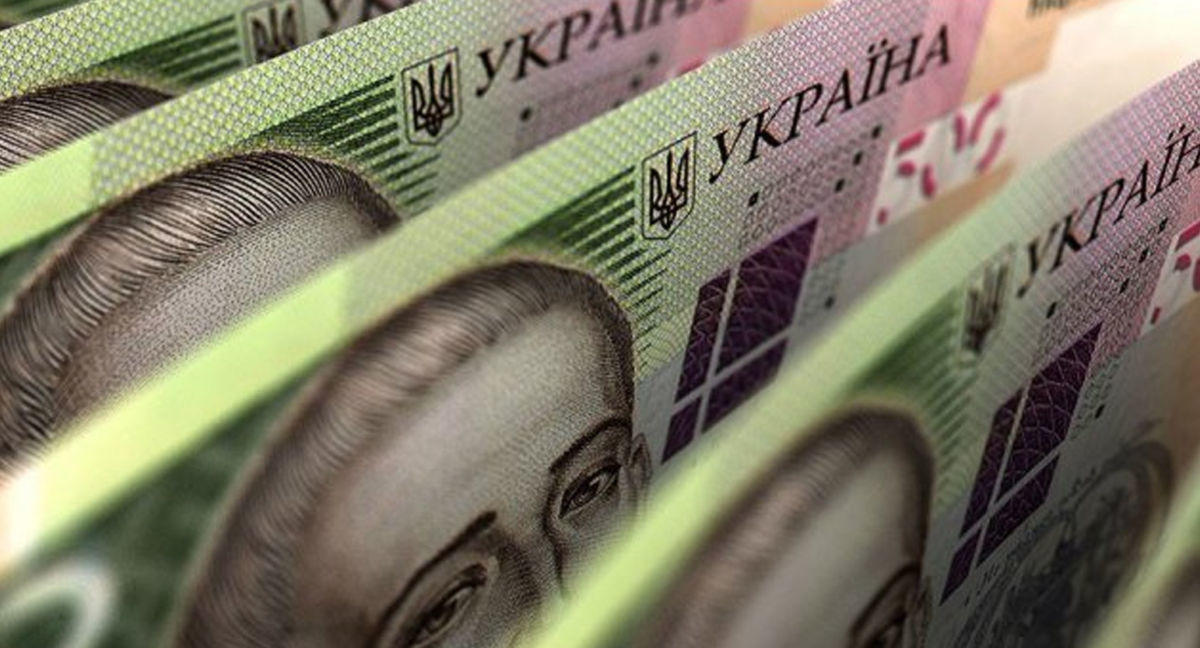What is a subsidy: definition of the term.


In the financial sector, there are many different processes. For example, what is a subsidy and how does it work. After all, a subsidy is an important process that all Ukrainians need to know about. Moreover, besides understanding what it is, it is necessary to figure out how this term is used.
To put it simply, a subsidy is a type of financial assistance. It resembles a grant in some ways, but with different conditions. A subsidy is financial aid from the government or an international organization. It is provided for specific goals and tasks, and this is the main feature of such assistance.
What is a subsidy: a concise explanation of the term
Thus, a subsidy refers to targeted funds. That is, such assistance always has a clear and understandable goal. Furthermore, the use of the funds for their intended purpose is mandatory checked. This is also part of the entire process.

Such targeted funds must be used by the recipient strictly for their intended purpose. At the same Time, they are not required to be returned (this is where the similarity with grants comes into play). Usually, subsidies are allocated to support certain projects in the fields of education, healthcare, infrastructure, and other socially important areas. Unlike other types of financial support, a subsidy cannot be spent on purposes other than those specified in the agreement. In other words, the primary focus is on the goal, and only then comes the assistance and implementation of a particular task.
What is included in the concept of a subsidy:
-
At the forefront will always be the goal. Funds are allocated for specific tasks, and their use is strictly monitored.
-
Such funds are never returned. That is, this is full and non-repayable assistance.
-
The government or the organization that provided the assistance must track the use of this assistance.
-
A subsidy has clear timeframes for implementation. These are also prescribed in advance. Subsidies must be used within a certain period, after which any unused funds may be returned.

Thus, in theory, a subsidy is a very useful and important mechanism.
What types of subsidies exist?
Due to the relatively narrow focus, subsidies can come in various types. Although the primary purpose of such assistance remains the same. Subsidies can be provided at both the national and international levels. They can be aimed at supporting the development of certain regions, specific sectors of the economy, or solving social issues. These factors determine which type of subsidy will be issued.

The most popular types of subsidies:
-
For social needs. These subsidies are often provided to assist low-income families, pensioners, or people with disabilities. The funds are allocated to improve their living conditions, ensure access to medical services or education. For example, at the government level, a decision was made to assist in the renovation of a school or a specific housing for low-income citizens. In this case, the funds must be used specifically for these purposes, not for personal needs.
-
Assistance for implementing infrastructure projects. Such subsidies are allocated for the construction of roads, bridges, schools, hospitals, and other infrastructure facilities. The funds can be directed at the regional level or to support individual municipalities. Usually, these subsidies are allocated for road repairs when local authorities are unable to allocate sufficient funds in the budget for this purpose.
-
Subsidies for education. The government often provides subsidies to support educational programs, build new educational institutions, or improve the material and technical base of schools and universities. A simple example: The Ministry of Education may allocate subsidies for purchasing computers and interactive boards in schools, especially in remote regions where access to modern technology is limited.
Less frequently, subsidies are issued to support entrepreneurs. Usually, this refers to small and medium-sized businesses and situations where the country is in crisis or even at war (as is currently the case in Ukraine). For example, an entrepreneur may receive a subsidy for purchasing equipment for waste recycling or for creating green technologies.

There are also so-called international subsidies. Some states or international organizations, such as the UN or the European Union, allocate subsidies to other countries to tackle global issues such as combating poverty, developing healthcare, improving educational programs, etc.
How does a subsidy differ from other financial assistance?
Even if we consider the main term of a subsidy, it seems very similar to a grant or a subsidy. All of these are different types of financial assistance, but with substantial differences. In general, citizens of the country often confuse this assistance since it indeed seems very similar.
A subsidy is financial assistance that always has specific goals and timeframes. These funds must be used strictly for their intended purpose and are monitored by governmental bodies.
A grant is also financial assistance, but it does not have such a clear goal. Grants are often provided to support specific sectors of the economy or enterprises, but the specific goals may be less strictly defined. For example, an entrepreneur receives a grant to maintain his business, and the use of these funds may be less detailed than in the case of a subsidy.

A grant is also a type of financial assistance aimed at covering “budget gaps.” In this case, specific projects are not being discussed. For example, districts with low income levels may receive grants from the government to cover budget deficits.
In general, a subsidy has many advantages. Thanks to subsidies, funds are directed toward specific needs, allowing for the effective resolution of social and infrastructure issues. Additionally, subsidies support low-income segments of the population. Social subsidies help improve the standard of living for the most vulnerable groups of society.
Read also
- Mobilized individual entrepreneurs are exempt from taxes - details from the State Tax Service
- New Rules at Ukrposhta - What Has Changed for Ukrainians
- How much money in the account indicates wealth — an amount in 2025
- Popular currency - in which countries can you pay in euros
- Even more individual entrepreneurs relieved from tax payments - who is on the list
- Naftogaz will collaborate with a global company - what will be extracted








